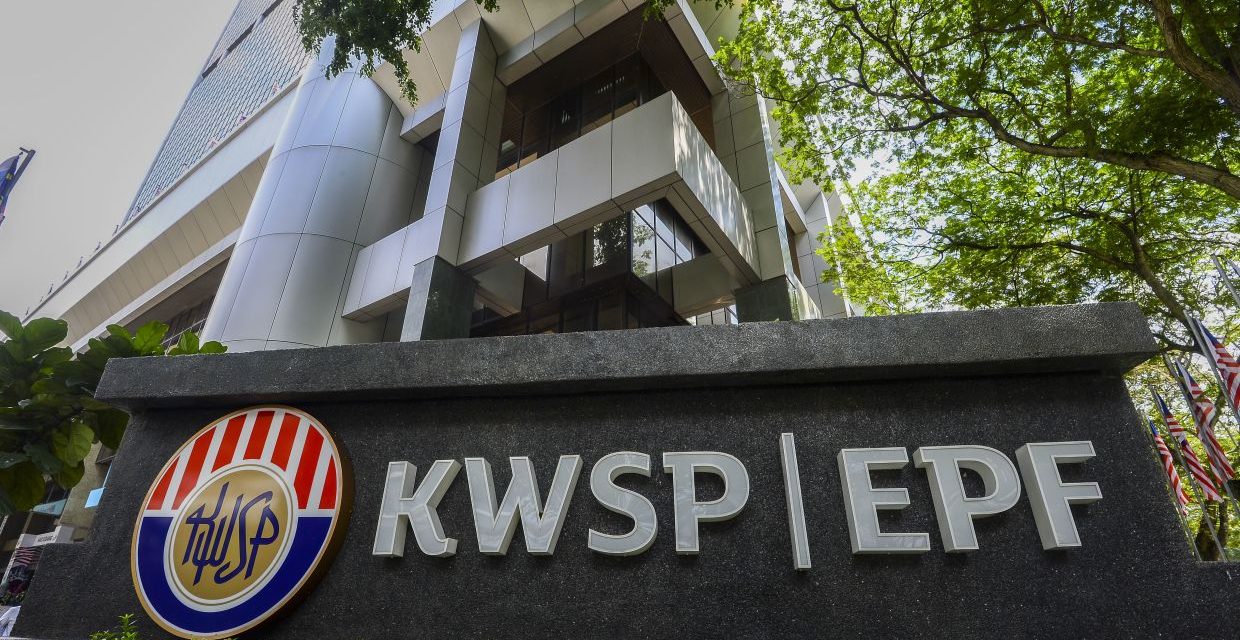EPF: Only 3% of Malaysians can afford retirement
The Covid-related withdrawals over the past two years have had a massive impact on the savings of Employees Provident Fund (EPF) contributors, as currently, only 3% of contributors can afford their retirement. EPF chief strategy officer Nurhisham Hussein said the Covid-related withdrawals, namely i-Sinar, i-Lestari and i-Citra, resulted in many members below age 55 having critically low EPF savings. “Even with Covid-19, 80% of Malaysian men and 90% of Malaysian women will reach age 60, while one out of three men and two out of three women will reach age 80. “We now estimate that only 3% of Malaysians can afford to retire,” he said. Commenting on the consequences should another round of withdrawal be permitted, he said those who had withdrawn from their EPF savings would now need to work an extra four to six years just to cover the amount that they withdrew over the past two years. (Malay Mail)
Budget 2022’s housing agenda encourages young people to own houses
The allocation of RM1.5 billion and a guarantee of RM2 billion under the Housing Credit Guarantee Scheme in Budget 2022, which further amplifes the housing agenda for the low-income group, will encourage young people to own houses and boost the property market. Housing and Local Government Minister Datuk Seri Reezal Merican Naina Merican said the Budget outlines a housing-related landscape that is close to the heart of the people. The allocation of RM1.5 million for housing projects will of course involve the People’s Housing Programme (PPR), while RM2 billion provided through the Housing Credit Guarantee Scheme will provide access to financing to those who do not have proof of fixed income. “This will encourage young people to own houses, especially first-time homebuyers,” he said. (The Edge)
‘Doing away with RPGT will likely boost property market’
Doing away with the real property gains tax (RPGT) is a right move as it puts more cash in hands of businesses and the people amid the recovery. Finance Minister Tengku Datuk Seri Zafrul Tengku Abdul Aziz said that starting next year, Malaysians and permanent residents, including businesses, need not pay RPGT when they dispose of their property assets on the 6th year onwards. Rehda Malaysia president Datuk Soam Heng Choon said the move will help stimulate the property market. “The RPGT was initially introduced to curb speculation when the property market was buoyant… We welcome this move [as] it will help invigorate the property market, making it more resilient and translate into a positive multiplier effect on the economy,” he said. Rehda national council member Tony Khoo also lauded the move, saying it will promote real property investment, especially for commercial property. SME Association of Malaysia president Datuk Michael Kang, who previously called for the waiver, said the waiver will help ailing companies when they dispose of their properties for cash. (The Star)
MoF launches Manfaat #Bajet2022 portal to provide info on Budget 2022 benefits
The Ministry of Finance (MoF) has launched the Manfaat #Bajet2022 Portal to make it easier for the people to learn about the benefits provided in Budget 2022. This was announced by Finance Minister Tengku Datuk Seri Zafrul Abdul Aziz on his Facebook page. “Just like #Belanjawan2021, the MoF is also providing the Manfaat #Bajet2022 Portal which has been launched to ensure #KeluargaMalaysia (the Malaysian Family) would continue to get the correct information on Budget 2022,” he said. To access the Manfaat #Bajet2022 Portal, go to https://budget.mof.gov.my/manfaat/. (Malay Mail)
Malaysia faces manpower shortage in critical sectors even as economy opens up
Malaysia is facing a labour crunch in key economic sectors like factories and construction even as the country eases up on Covid-19 movement restrictions that should allow workers greater mobility to go to work. According to The Straits Times, the shortage is attributed in part to the soon-to-expire work permits of foreigners who form a substantial number of employees in these critical sectors, and in part to problems hiring and retaining locals even with the current high unemployment rate in the country that has been exacerbated by the pandemic. “They come and go and don’t seem serious enough to keep the job despite the pandemic leaving thousands unemployed,” said a textile factory owner. The freeze on new intake of foreign workers has been extended to the end of 2021. The government has addressed this issue in Budget 2022, which has allocated RM4.8 billion for the Malaysian Family Job Guarantee initiative or JaminKerja which will guarantee 600,000 job opportunities for locals. (Malay Mail)
Hatten Land forms JV to develop and operate crypto exchanges in Singapore and Malaysia
Catalist-listed Hatten Land has, on Nov 1, established a joint venture company (JVC) with HydraX to jointly develop and operate ‘first-of-its-kind’ cryptocurrency exchanges in Singapore and Malaysia. The move is the latest initiative by Hatten Land to re-purpose its malls in Melaka and align its business model with the growth trends of the digital economy. The crypto exchanges will list and trade eco-friendly Bitcoin wrapper tokens, newly minted Bitcoins and, or other tokens. According to Hatten Land, the crypto exchanges and related custodian services are subject to the JVC obtaining the necessary regulatory approvals in both countries. It is believed to be the first such exchanges around the world. In addition to operating the exchanges, the JVC will also generate revenue by providing custody services for the cryptocurrencies and tokens that are being traded. (The Edge)





